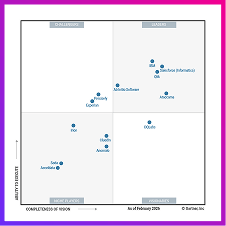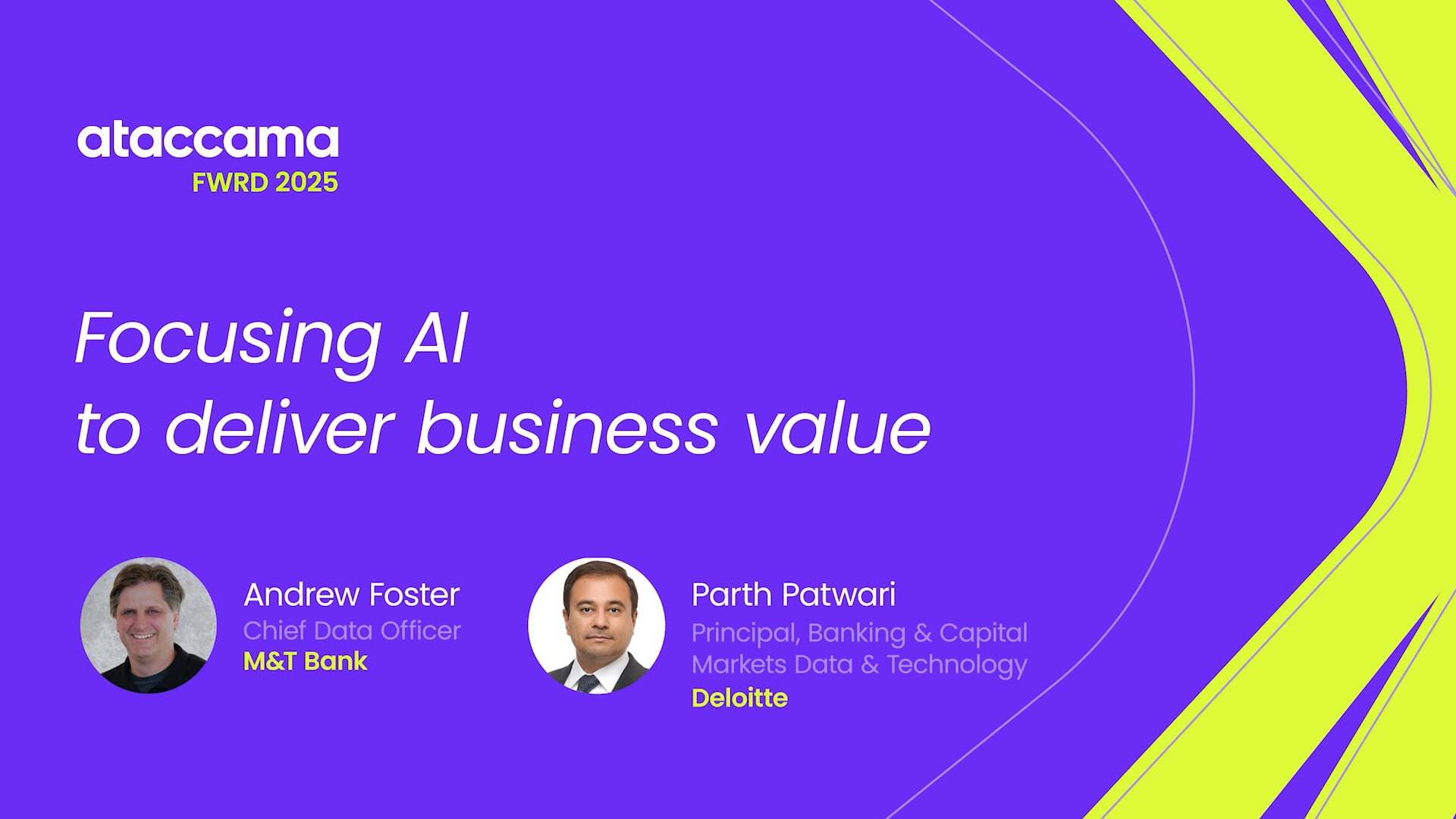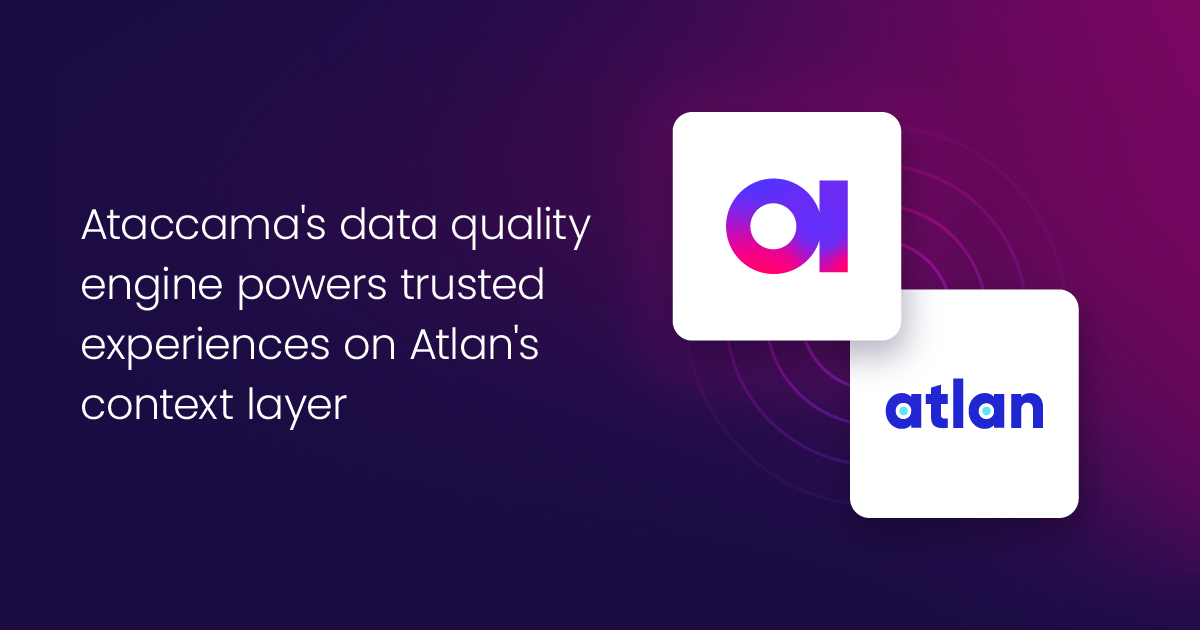Data Catalogs: Accelerating Analytics and Data Quality Operationalization
Enterprises have been under a lot of pressure to stay competitive amid the business decline caused by financial sector turmoil, high inflation, and political events. One trend is clear: despite trying to cut costs, companies increasingly rely on data to innovate and come up with new revenue streams. 49% of enterprises have either launched new analytics projects or are proceeding with ones already planned.
What Slows Down Analysts
As the bulk of operations in many industries has gone online, new data sources have emerged, and the influx of data has increased. This presents both an opportunity and a challenge for data analysts and scientists. On the one hand, they have more data readily available—possibly very granular data on prospects and customers. On the other, they have to understand this new, raw data and get access to it – fast.
Getting access to data has become a little harder. One reason is that IT teams are overloaded with business continuity tasks. Another is the low appetite to invest in complicated and costly data integration projects, while the benefits take time to justify.
Lastly, enterprises have become more aware of data governance, the need for high-quality data, and personal data protection, and therefore need to strike a balance between restricting data access to sensitive data elements and allowing access to data and metadata for analytics.
How a Data Catalog Speeds Up Prep Work
Now more than ever, data analysts and data scientists can benefit from a data catalog with integrated data quality checks with the following critical capabilities:
- A self-service way to search for and request access to data
- A sandbox environment for safe and iterative data preparation
- Support for data governance policies
- Data quality information for each data set with the ability to evaluate data via additional checks. You can then use this information to remediate and prevent issues from happening in the future.
How Ataccama Helps
Ataccama’s tightly coupled data catalog and quality solution is part of a modular, self-driving data management and governance platform. The Ataccama data catalog stands out because of its built-in business glossary, data preparation capabilities, quick data quality evaluation, monitoring, remediation, and prevention features. It is a fully audited solution that also supports roles and permissions for comprehensive data governance compliance.
From Discovery to Operationalization
Finding and preparing data faster is essential for analytics, but what matters is solution operationalization. Below are the three steps for getting data ready to be used for analytics or operational use cases:
- Sandbox: Give business users an easy way to work with data.
- Provide easy, self-service access to data, subject to roles and permissions.
- Create data preparation recipes and instantly preview results in a safe sandbox environment while source data remains untouched.
- Enhance: Pass the initial configuration to ETL developers or data engineers to prepare the advanced configuration.
- Connect it to data sources and specify outputs
- Add additional transformations and enrich data
- Fine-tune data processing performance
- Prepare the solution for integrating with the organization’s ETL pipelines
- Operationalize: Pass the advanced configuration to IT admins to integrate the solution with the organization’s ETL pipelines.
- Schedule the solution and set up launch triggers.
- Ensure the solution works with the rest of the systems in the organization.








